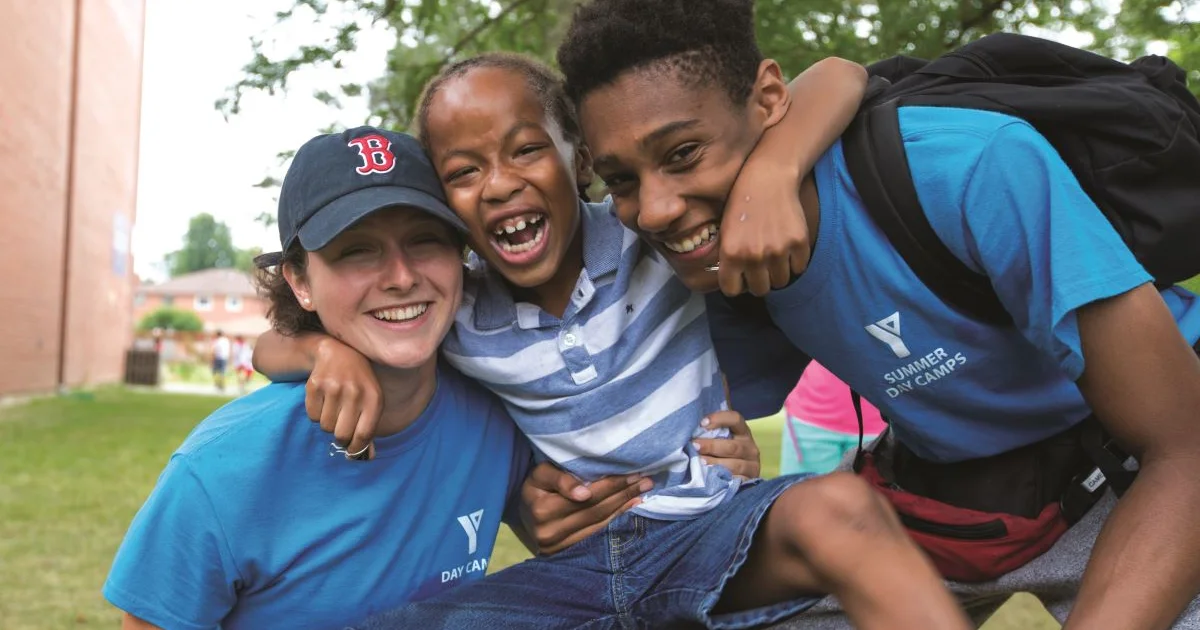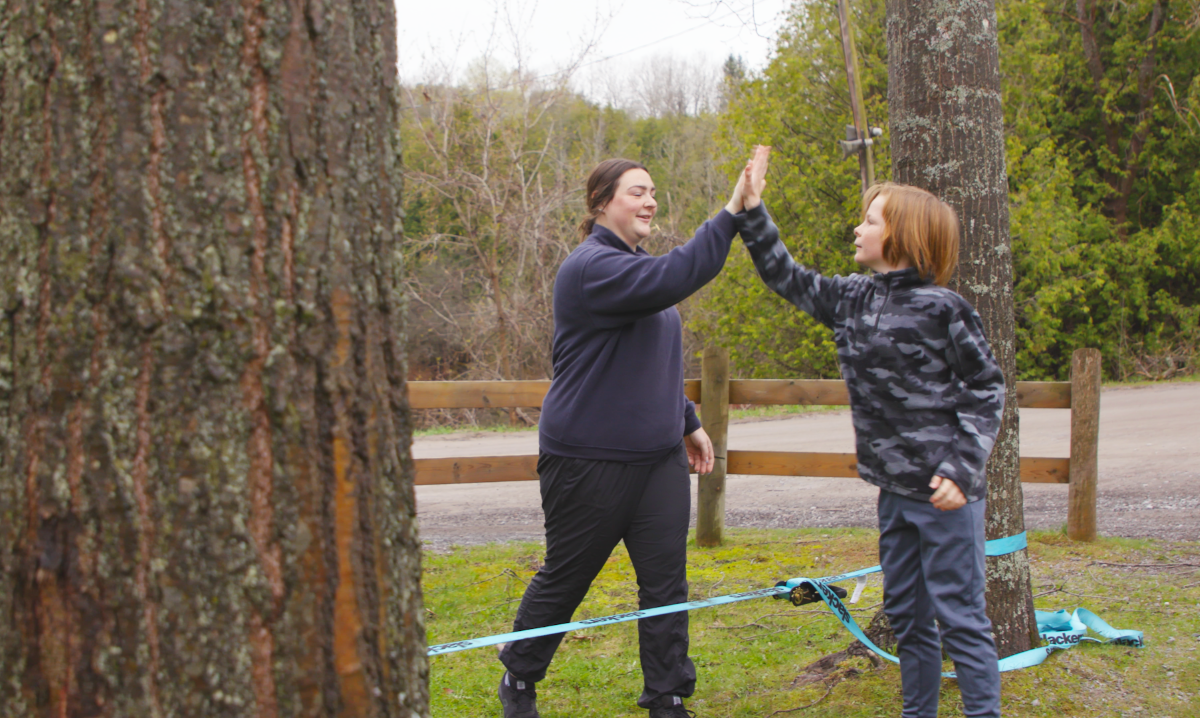
Our Impact
At the Y, we believe everyone deserves the chance to reach their potential. As a leading charity committed to strengthening communities, we address critical needs through programs that support equity, inclusion, well-being, and resilience.
Our amazing donors make these life-changing services possible. Supporters like you open the door to opportunities that build physical and mental health, reduce isolation, cultivate confidence, and strengthen belonging.
Why Your Support Matters
Loneliness and mental health are public health emergencies.
Research shows that loneliness is as bad for your health as smoking 15 cigarettes a day. Yet 37% of Torontonians feel lonely at least three days per week, making them amongst the loneliest Canadians.
For many, it isn’t a lack of desire to connect — it’s the crushing weight of financial pressure that’s keeping them from participating in their community.
You Can Break the Barrier
Belonging shouldn't have a price tag.
With your support, our financial assistance program ensures no one gets turned away because of cost.
From swim lessons to summer camps and beyond, your gift breaks down the cost barrier so everyone can thrive, no matter their income.
Your Impact in Action
“Camp wasn’t always an option for my family, but when we needed it most, we discovered the Y offered financial assistance — and suddenly, it became possible. My kids come home every day excited to tell us about all the activities they’ve learned. Every summer, they're making new friends, stepping out of their comfort zone, and learning how to become a team member. Their dad and I see so much more confidence and independence in them.”
— Liz, YMCA Camp parent
Impact At A Glance
500+
locations across the GTA
816,868
participants
27,596
people received financial assistance
1,842
donors
2,636
volunteers
6,593
staff
Frequently Asked Questions
No. The YMCA of Greater Toronto welcomes all people of all ages, genders, races, ethnicities, religious heritages, classes, sexual orientations, sexes, and physical/mental abilities. We are often referred to simply as “the Y.”
No. When the YMCA was founded in England in 1844, it had strong ties to the Christian Church. By 1864, the Toronto YMCA — which would eventually be renamed the YMCA of Greater Toronto — was officially reorganized as a non-denominational charity. While the YMCA of Greater Toronto values and respects our early Christian heritage, we operate in one of the most diverse regions in the world, serve multicultural communities, and strive to promote equity. We therefore welcome all people and our programs and services are not tied to any religion.
YMCA operations are made possible through a sustainable model that mixes revenue from philanthropy, government funding, and fee-for-service programs. This is a standard funding model that many other charities use as well, including universities and hospitals.
Investments from our government illustrate that the YMCA is a trusted charity delivering essential services. However, government funding does not cover some of the key initiatives we need to offer for our communities to reach their full potential. Every philanthropic dollar that goes towards YMCA programming and Centres of Community helps shape more equitable neighbourhoods where everyone gets a chance to shine.
No! The YMCA of Greater Toronto is a charity that takes a holistic approach to health, offering wrap-around supports to help people boost their well-being and to promote equity in our communities. We do offer health and fitness programming, but we also deliver child care, camps and outdoor education programs, employment services, immigrant settlement services, and youth programs including emergency shelter for those experiencing homelessness, a middle- and high-school for students who learn differently, and youth leadership development programs.
You can choose to direct your donation to a specific cause of your choice, or where it's needed most. When you give to the Y, you can help provide financial assistance for individuals and families who otherwise wouldn't be able to participate in our health-promoting programs; you can help build Centres of Community where people access essential services and find connection and belonging; and you can help fund programs that boost well-being and support people in reaching their true potential.


